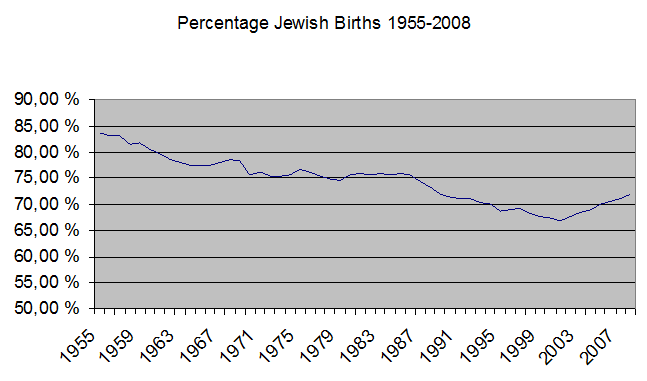This is a fascinating topic and there could be a dozen debate threads on just this issue.
I personally am skeptical that women’s rights plays a role, since societies which are still pretty traditional like Japan and Saudi Arabia have seen significant drops in fertility. And places like Sweden and Denmark have higher fertility than the more macho countries like Italy and Greece.
I am also skeptical of the retirement hypothesis, since poor people are not known for their ability to plan ahead.
My personal hypothesis is that wealth brings stimulation. For your typical resident of a wealthy country, there are a lot of stimulating activities which compete with reproduction for time, attention, and money. Things like dressing nice; watching television; going to movies; eating tasty foods; and so on. In the face of all these pleasant diversions, children seem like a pain in the (^*(.
Interestingly, ultra-religious communities with high fertility tend to be boring places. The women tend to dress plain rather than sexy; members are discouraged from using a lot of television or internet; and they go to religious services a lot. Religious services are really really boring.
Yes, I’ve been hearing for the last 30 years that the Arabs would eventually be a majority. I also remember similar predictions about Catholics and Mexicans.
I would be interested too, but here’s a simple graph which says quite a lot in my opinion:
For 50 years, the percentage of Jewish births in Israel steadily declined. Then, about 10 years ago, the trend reversed. Since then, the percentage of Jewish births has been steadily increasing.
In the long run, it’s the percentage of births which will dictate the demographics of Israel.
By “dominate” what do you mean? Already, IIRC the percentage of Jewish children in Israel which is Orthodox or ultra-Orthodox is surprisingly high. The same is true in New York.

